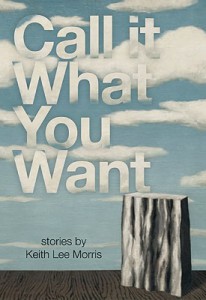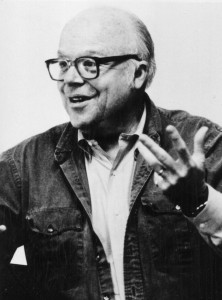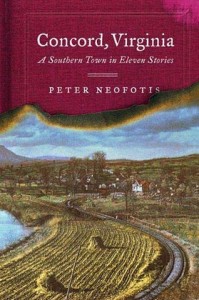Call It What You Want, by Keith Lee Morris
by J.T. Bushnell
In these thirteen stories, which move from gritty realism in the first half to magical realism in the second, characters are constantly engaged in the act of narrative construction. Again and again Morris structures his stories to obscure actual events, thereby forcing the characters to remember, speculate, or fantasize them into being, much like writers do. Only these characters are not writers—they are a meth addict, a car salesman, a bartender stranded on a desert island.






























